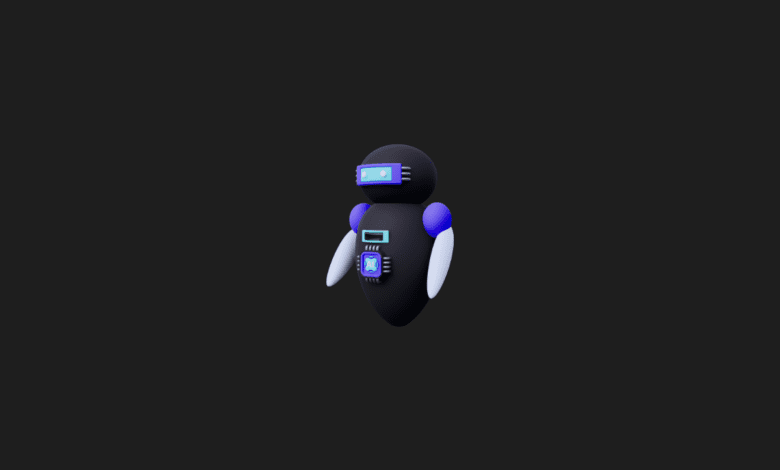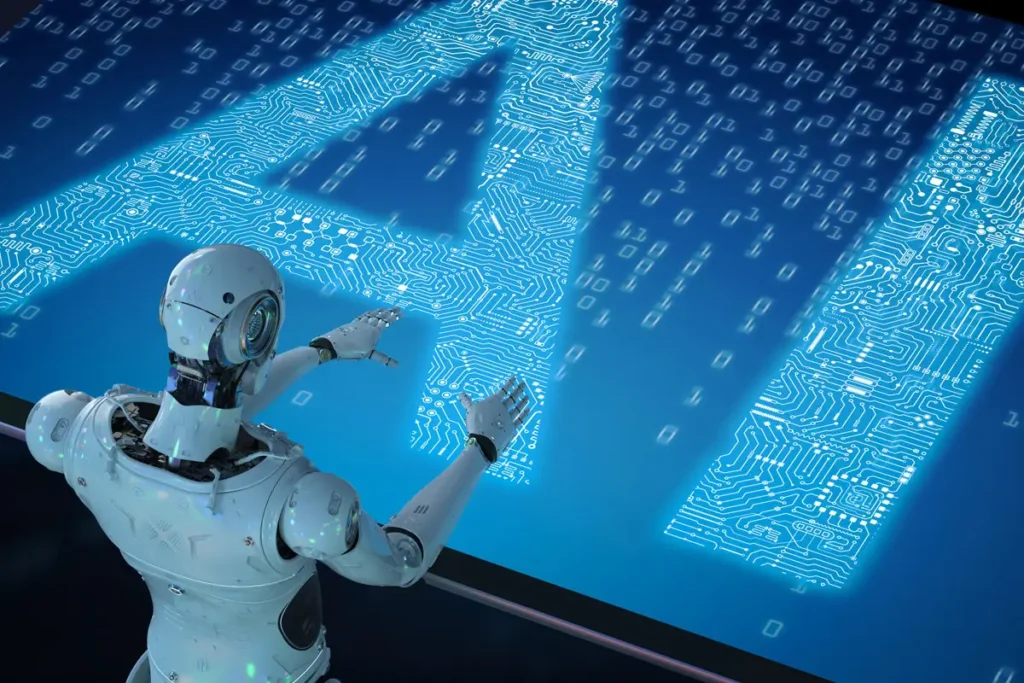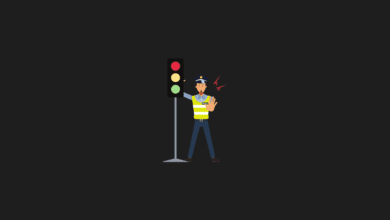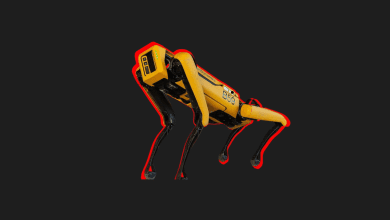
In China, artificial intelligence is being used to monitor employee working hours, with consequences for those who spend too much time in the cafeteria.
A prominent AI company in China has disciplined numerous employees for taking extended lunch breaks, reflecting the rigorous work culture that has been characteristic of the country’s tech industry.
In October, IFlytek, a well-known AI firm, publicly admonished over a hundred of its employees for abandoning their workstations to queue for free chicken dinners offered in the company’s cafeteria.
As a disciplinary measure, individuals who exceeded the allowed break time were marked with a “C” on their performance reviews, a decision that was documented in an official memo and confirmed by a company spokesperson. AI technology is utilized to track employee hours and administer payroll.
Artificial intelligence analyzes staff working hours

The incident at IFlytek, which garnered over 66 million views on the Chinese social media platform Weibo, highlighted the intense pressures within the AI industry, an area that has gained significant attention following Beijing’s regulatory crackdown in late 2020.
For many observers, the situation at IFlytek illuminated the unrealistic expectations placed on regular employees, particularly as major companies from Baidu to Alibaba Group Holding rush to develop advanced AI services akin to ChatGPT. There’s a widespread belief that tech professionals often work unpaid overtime.
“In this era of rapid AI evolution, IFlytek is advancing with great determination. However, this path is filled with both opportunities and challenges,” a statement from the company read. “We will not tolerate any actions that stray from our company’s core values.”
iFlytek, listed on the Shanghai stock exchange and known for its innovations in robotic translators to AI automotive software, is a significant player in China’s AI industry. It was also among the first companies to demonstrate its generative AI capabilities.
The tech sector’s notorious “996” work culture, which involves working from 9 a.m. to 9 p.m., six days a week, often with additional overtime, was previously considered essential for success in the competitive tech landscape.
However, this practice came under national scrutiny and criticism following the tragic deaths of several tech workers. Around 2021, China’s supreme court declared the practice illegal, and it seemingly disappeared during the upheaval caused by the Covid-19 pandemic.
You may also like this content
- AI Tools Are Coming to Opera Android: Here Are the Innovations
- Amazon Introduces Highly Ambitious Next-Generation AI Chip Trainium3
- OpenAI Is Losing the AI Race: “Emergency” Declared for ChatGPT
Follow us on TWITTER (X) and be instantly informed about the latest developments…











